การใช้ Could Couldn’T
รูปแบบไวยากรณ์ของ could และ couldn’t คือการเติม could และ couldn’t ในประโยคโดยใช้กริยาช่องเติม base form ของกริยาออกาย โดยผ่านกระบวนการต่อไปนี้:
1. ในประธานที่เป็นบทความหรือถึงคนให้ลงในรูปของสรรพนาม เช่น:
– She could swim when she was ten years old. (เธอสามารถว่ายน้ำได้เมื่อเธออายุสิบขวบ)
– They couldn’t find their keys yesterday. (พวกเขาไม่พบกุญแจของพวกเขาเมื่อวานนี้)
2. เพื่อประธานที่เป็นบทความหรือถึงสิ่งที่ไม่มีชีวิตให้เติม could หรือ couldn’t หลังกริยาหรือวลีที่เปลี่ยนแปลงไม่ได้ เช่น:
– I wish I could afford a new car. (ฉันอยากจะซื้อรถใหม่แต่ไม่มีเงิน)
– The elevator couldn’t take us to the top floor. (ลิฟต์ไม่สามารถพาเราขึ้นไปสูงสุดของตึกได้)
3. ในกริยาช่องเติมใช้เป็นกริยาช่องที่ 2 ในรูปสองของกริยา เช่น:
– He could easily solve the math problem. (เขาสามารถแก้ปัญหาทางคณิตศาสตร์ได้อย่างง่ายดาย)
– I couldn’t understand what she said. (ฉันไม่เข้าใจว่าเธอพูดอะไร)
การใช้ could เพื่ออธิบายความสามารถในอดีตเป็นการอธิบายถึงความสามารถที่สามารถทำได้ในอดีต เช่น:
– I could walk when I was five years old. (ฉันสามารถเดินได้เมื่อฉันอายุห้าขวบ)
– She could sing beautifully. (เธอสามารถร้องเพลงได้งดงาม)
– He could play the guitar very well. (เขาเคยเล่นกีตาร์ได้อย่างเก่งมาก)
การใช้ couldn’t เพื่ออธิบายความไม่สามารถในอดีตคือการอธิบายถึงความไม่สามารถที่ไม่สามารถทำได้ในอดีต เช่น:
– My friend couldn’t swim and he drowned. (เพื่อนของฉันที่ไม่เป็นสามารถว่ายน้ำและจมตัว)
– He couldn’t reach the top of the mountain. (เขาไม่สามารถขึ้นสู่ยอดของเขาได้)
การใช้ could และ couldn’t เพื่ออธิบายแนวโน้มในอดีตคือการใช้ could และ couldn’t เพื่ออธิบายถึงความเป็นไปได้หรือความไม่เป็นไปได้ในอดีต เช่น:
– When I was a kid, I could climb the stairs faster than now. (เมื่อฉันยังเด็กฉันสามารถขึ้นบันไดได้เร็วกว่าตอนนี้)
– He couldn’t fix the computer, but he always maintained it. (เขาไม่สามารถซ่อมคอมพิวเตอร์ได้ แต่เขาบำรุงรักษาอย่างสม่ำเสมอ)
การใช้ could และ couldn’t เพื่อเสนอคำร้องขอคือการใช้ could และ couldn’t เพื่อเสนอคำร้องขอจากบุคคลอื่นหรือองค์กร เช่น:
– Can you please help me type these documents? I could use some assistance. (คุณช่วยช่วยฉันพิมพ์เอกสารเหล่านี้หน่อยได้ไหม? ฉันอาจจะต้องการความช่วยเหลือ)
– Couldn’t you refund or exchange this item for me? (คุณไม่สามารถคืนเงินหรือแลกเปลี่ยนสินค้านี้ให้ฉันได้ไหม?)
การนำ could และ couldn’t เข้าใช้เพื่ออธิบายความเป็นไปได้ในสถานการณ์ปัจจุบันคือการใช้ could และ couldn’t เพื่อ
Can กับ Could ใช้ต่างกันยังไง? | English Tips
คำสำคัญที่ผู้ใช้ค้นหา: การใช้ could couldn’t แบบฝึกหัด การใช้ can could, could การใช้, การใช้ can’t, could คืออะไร, can could would ใช้ยังไง, ถาม could you ตอบอะไร, modal verb การใช้, Modal verb
รูปภาพที่เกี่ยวข้องกับหัวข้อ การใช้ could couldn’t

หมวดหมู่: Top 22 การใช้ Could Couldn’T
ดูเพิ่มเติมที่นี่: lasbeautyvn.com
แบบฝึกหัด การใช้ Can Could
พบกับการใช้ประโยคและไวยากรณ์ของคำว่า can และ could ในภาษาอังกฤษเป็นส่วนอย่างสำคัญของการพูดหรือเขียนทุกวัน ในภาษาไทยเราจะใช้คำว่า “สามารถ” เพื่อแปลเอาไว้บ่งบอกถึงการทำสิ่งต่าง ๆ ในขณะที่ในภาษาอังกฤษเรามีคำสองคำที่แตกต่างกันคือ “can” และ “could” ซึ่งมีความหมายที่ไม่เหมือนกัน เพื่อช่วยให้เข้าใจและใช้ง่ายขึ้น ขอนำเสนอแบบฝึกหัดเพื่อช่วยให้คุณสามารถใช้ can และ could ได้อย่างถูกต้องและชัดเจนภายในบทความนี้
การใช้ can
1. ใช้เพื่อแสดงถึงความสามารถในการทำสิ่งต่าง ๆ ในปัจจุบัน เช่น
– I can swim. (ฉันสามารถว่ายน้ำได้)
– She can speak three languages fluently. (เธอสามารถพูดภาษาให้เป็นภาษารองได้สามภาษาอย่างไร้เดียงสา)
2. เมื่อต้องการขออนุญาตหรือให้สิทธิ์ให้กับคนอื่น เช่น
– Can I borrow your pen, please? (ฉันยืมปากกาของคุณได้ไหมคะ?)
– Can he stay at your place for the night? (เขาจะพักที่บ้านคุณได้ป่วยไหมคะ?)
3. เมื่อต้องการแสดงความเชื่อมั่นหรือให้กำลังใจเช่น
– You can do it! (คุณทำได้มั่ง!)
การใช้ could
1. ใช้เพื่อแสดงถึงความสามารถที่เกิดขึ้นในอดีต เช่น
– When I was young, I could run very fast. (เมื่อฉันเป็นเด็ก ฉันวิ่งเร็วมาก)
2. เมื่อต้องการขออนุญาตหรือถามอย่างสุภาพเพื่อเสนอเงื่อนไข หรือหลักฐานเพื่อเชื่อมั่น เช่น
– Could you please pass me the salt? (คุณช่วยเอาเกลือให้ฉันได้ไหมคะ?)
– Could I have a glass of water, please? (ฉันขอน้ำหน่อยได้ไหมคะ?)
3. ใช้เพื่อแสดงความเสียเปรียบหรือความไม่พอใจเมื่อเทียบกับความสามารถของคนอื่น ๆ เช่น
– He could have studied harder for the exam. (เขาเคยเรียนหนักกว่านี้ก็คงเข้าใจข้อสอบเพิ่มขึ้น)
การเปรียบเทียบ can และ could
– Can ใช้ในปัจจุบันของเหตุการณ์ที่เป็นจริง ในขณะที่ could ใช้ในอดีตของเหตุการณ์ที่เป็นจริง
– Can มีความแม่นยำและเชื่อถือได้มากกว่า could เช่น
– She can drive a car. (เธอขับรถได้)
– She could drive a car when she was 18 years old. (เธอขับรถได้ตั้งแต่อายุ 18 ปี)
แบบฝึกหัด
ให้เลือก words ที่ถูกต้องสมบูรณ์ในช่องว่างเพื่อจัดแบบเติมคำที่ถูกต้อง
1. I _____________ play the piano when I was a child.
a. could
b. can
2. _____________ you please help me carry this bag?
a. Could
b. Can
3. She is very smart. She _____________ speak five languages.
a. can
b. could
4. They _____________ find their way back to the camp.
a. can
b. could
5. When I was young, I _____________ ride a bicycle.
a. can
b. could
เฉลย:
1. a. could
2. a. Could
3. a. can
4. a. can
5. b. could
FAQs
Q: Can we use “can” and “could” interchangeably?
A: No, “can” and “could” have different meanings and usages. “Can” is used to express present ability, permission, or encouragement, while “could” is used to express past ability, polite requests, or hypotheses.
Q: How can I improve my understanding of when to use “can” or “could”?
A: Practice is key. By doing exercises and using the words in context, you will gradually enhance your understanding and improve your usage of “can” and “could.”
Q: Are there any alternative words for “can” and “could”?
A: Yes, you can use words such as “able to” or “may” as alternatives to “can,” and “was able to” or “might” as alternatives to “could.” However, it’s important to note that these alternatives may change the meaning slightly or the level of formality.
Q: Is it acceptable to use “could” in present situations?
A: Generally, “could” is used to express past situations. However, in specific cases, such as polite requests or conditional statements, “could” can be used to refer to present situations.
Q: Can I use “cannot” and “could not” interchangeably?
A: No, “cannot” and “could not” have different implications. “Cannot” indicates a present inability or impossibility, while “could not” indicates a past inability or failed attempts.
In conclusion, understanding the correct usage of “can” and “could” is essential for effective communication in English. By distinguishing their meanings and practicing their usage through exercises, you can confidently express abilities, ask for permission, make requests, or discuss past events. Remember to consider the context and intended meaning when choosing between “can” and “could.”
Could การใช้
Thai language is renowned for its rich vocabulary and complex grammar. If you’re learning Thai, it’s vital to grasp the nuances of different words and phrases. One such phrase that often perplexes learners is “การใช้” (pronounced: kan chai). In this article, we will delve into the meaning and usage of “การใช้” to help you better understand its significance in Thai language.
Meaning and Definitions:
“การใช้” is a compound word consisting of two parts: “การ” and “ใช้.” “การ” (pronounced: kan) is a prefix meaning “the act” or “the process of,” while “ใช้” (pronounced: chai) is a verb meaning “to use” or “to utilize.” When combined, “การใช้” can be roughly translated to “the act of using” or “the process of utilizing.”
Usage and Context:
“การใช้” is used extensively in Thai to indicate the act of utilizing or utilizing something in specific contexts. It can be found in various domains such as technology, everyday life, and even professional settings. Let’s explore a few examples to better understand its usage:
1. Technology:
In the modern digital age, the use of technology has become increasingly prevalent. Thai language incorporates “การใช้” to express the usage of gadgets and devices. For instance, “การใช้คอมพิวเตอร์” (kan chai kom-piu-ter) translates to “the act of using a computer.” Similarly, “การใช้สมาร์ทโฟน” (kan chai smart phone) signifies “the process of using a smartphone.”
2. Everyday Life:
“การใช้” is also used to describe the utilization of everyday objects or general activities. For example, “การใช้ยาสีฟัน” (kan chai ya see fun) translates to “the act of using toothpaste.” Another example could be “การใช้รถไฟฟ้าสายสีลม” (kan chai roe fai fa sai see lom) which means “the process of utilizing the BTS Skytrain.”
3. Professional Settings:
In professional settings, the phrase “การใช้” can express the usage of skills or techniques related to a specific field. For instance, “การใช้ความคิดสร้างสรรค์” (kan chai kwaam kit sang sang) refers to “the act of using creative thinking.” Similarly, “การใช้เครื่องมือทางวิทยาศาสตร์” (kan chai kraeng mue torng wi-ta-ya-saart) translates to “the process of utilizing scientific tools.”
Common Phrases with การใช้:
Apart from the examples mentioned above, here are a few commonly used phrases with “การใช้” that will help you broaden your understanding:
1. “การใช้เวลา” (kan chai way laa) – the act of using time, meaning time management or utilizing one’s time effectively.
2. “การใช้พลังงาน” (kan chai pla-ngon) – the process of using energy, referring to energy consumption or utilization.
3. “การใช้คำ” (kan chai kam) – the act of using words, indicating the usage or choice of words in communication.
4. “การใช้ทรัพยากร” (kan chai sa-rap-ya-gorn) – the process of using resources, typically referring to resource management.
FAQs (Frequently Asked Questions):
Q: What is the difference between “การใช้” and “ใช้” in Thai?
A: “การใช้” specifically describes the act or process of using something, whereas “ใช้” is a standalone verb meaning “to use.”
Q: Can I use “การใช้” with any verb in Thai?
A: No, “การใช้” is usually used with verbs that indicate actions or processes. It is not used with all verbs.
Q: How can I determine when to use “การใช้” in Thai?
A: The usage of “การใช้” depends on the context and the specific verb it accompanies. Pay attention to how others use it and consult language resources to gain a better understanding.
Q: Are there any alternative phrases to express the act of using something in Thai?
A: Yes, there are many alternative phrases depending on the specific usage, such as “การเอาไปใช้” (kan ao pai chai) which means “the act of taking and using.”
Conclusion:
Understanding the meaning and usage of “การใช้” is crucial for mastering the Thai language. This phrase allows you to express the act of using or utilizing something in diverse contexts, from technology to everyday life and professional settings. By familiarizing yourself with various phrases that incorporate “การใช้,” you can enhance your communication skills and navigate the intricacies of Thai language more effectively.
มี 40 ภาพที่เกี่ยวข้องกับหัวข้อ การใช้ could couldn’t.









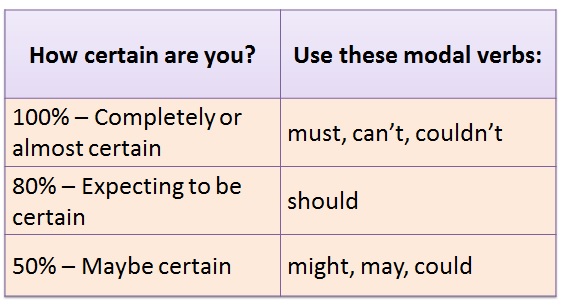




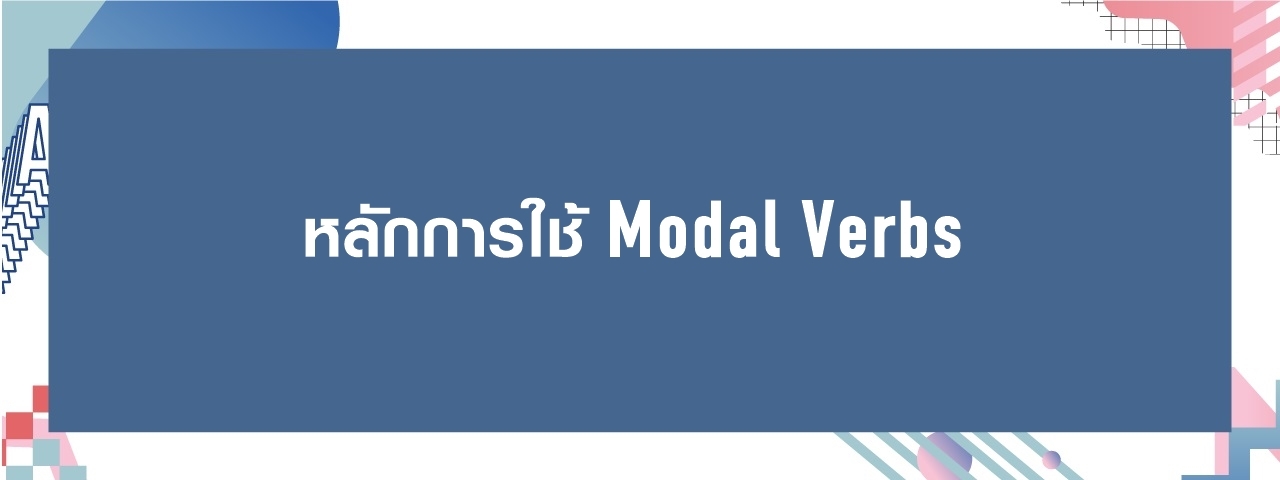
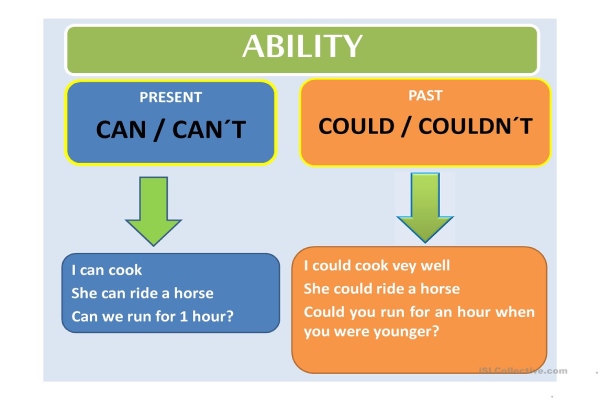



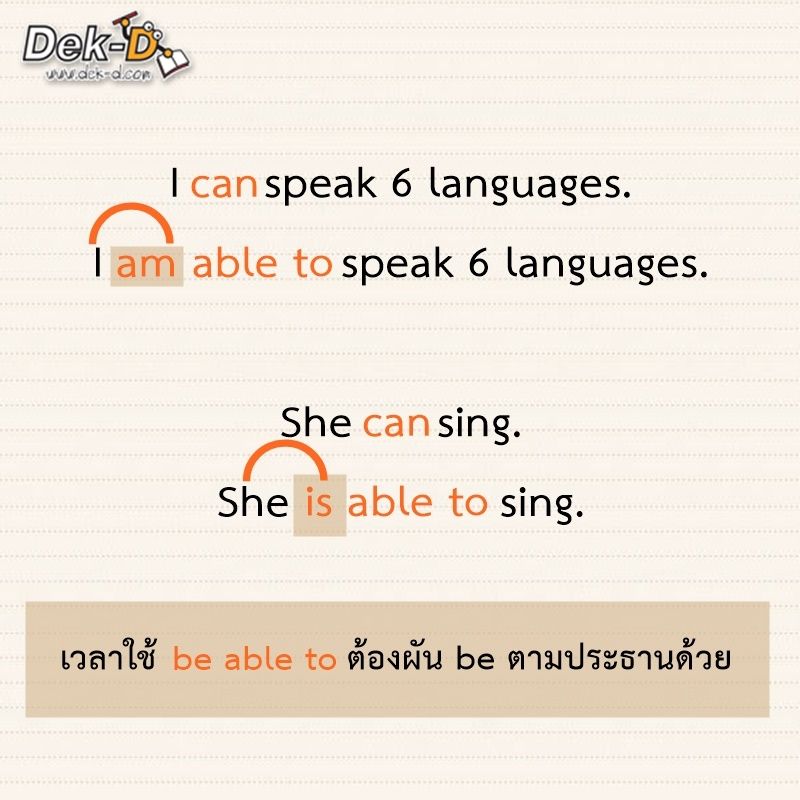




![English Met Kanoon] เมื่อเราต้องการขออนุญาตทำอะไรสักอย่าง สามารถขึ้นต้นประโยคคำถามด้วยคำว่า Can I ...? (กันเองมากที่สุด) Could I ...? (ทางการขึ้นมาหน่อย) May I ...? (ถามแบบทางการที่สุด) และตามด้วยเรื่องที่เราขอได้เลย ส่ว English Met Kanoon] เมื่อเราต้องการขออนุญาตทำอะไรสักอย่าง สามารถขึ้นต้นประโยคคำถามด้วยคำว่า Can I ...? (กันเองมากที่สุด) Could I ...? (ทางการขึ้นมาหน่อย) May I ...? (ถามแบบทางการที่สุด) และตามด้วยเรื่องที่เราขอได้เลย ส่ว](https://t1.blockdit.com/photos/2020/10/5f88fdf22b451e0cc8289bc0_800x0xcover_mcQxCKIl.jpg)


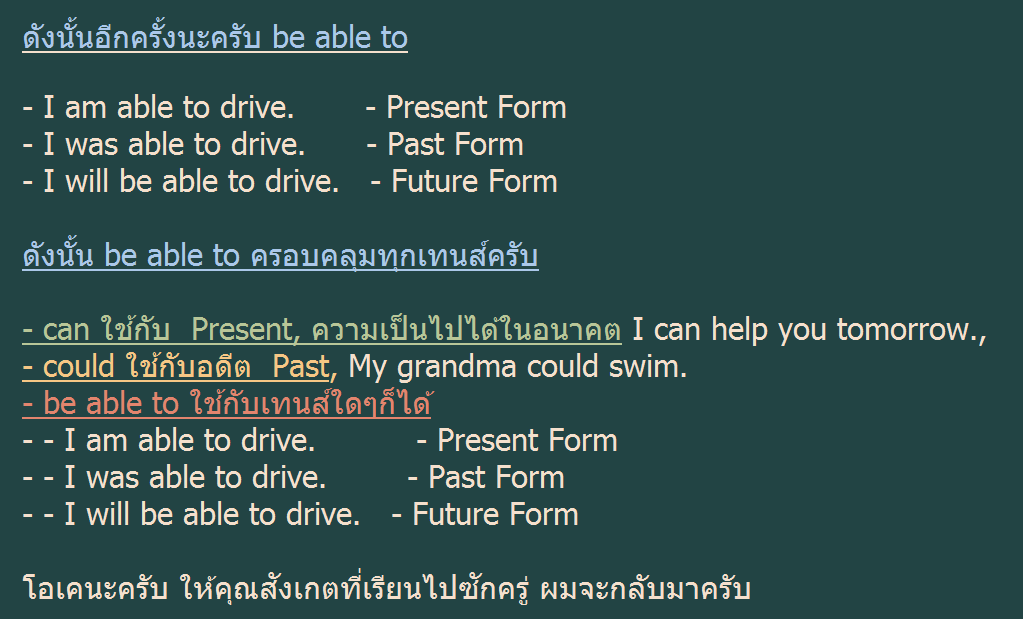


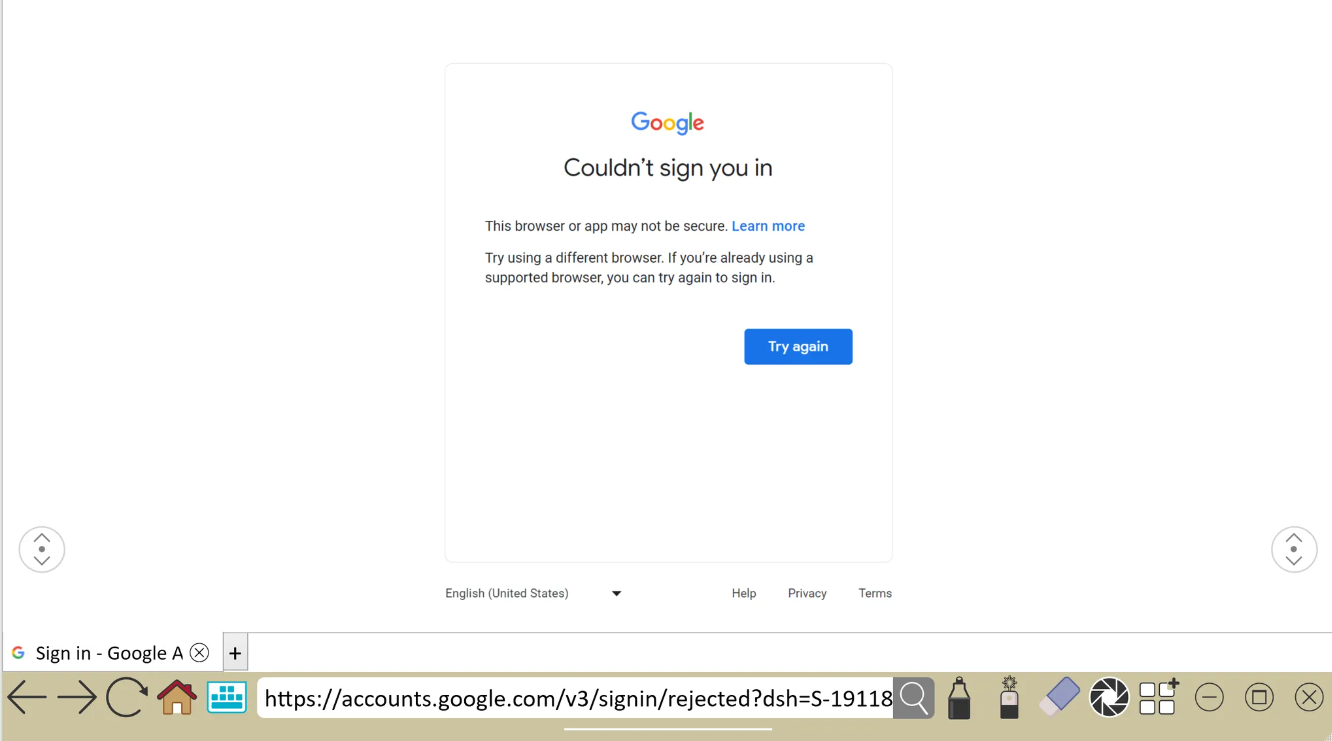
ลิงค์บทความ: การใช้ could couldn’t.
ดูข้อมูลเพิ่มเติมเกี่ยวกับโพสต์หัวข้อนี้ การใช้ could couldn’t.
- Grammar: หลักการใช้ Modal Verbs (กริยาช่วย) แบบครบเครื่องทุก …
- หลักการใช้ Can กับ Could ใช้ยังไง มาดูกันเลยจ้า…
- รูปแบบของการใช้ Could ในภาษาอังกฤษ
- การใช้ Can และ Could ให้ถูกต้องตามหลักแกรมม่า
- การใช้ can, could, to be able to – ภาษาอังกฤษดอทคอม
- หลักการใช้ can และ could ต่างกันอย่างไร
- หลักการใช้ can, could, be able to ที่ไม่ควรพลาด! – Engnow.in.th …
- หลักการใช้ Can, Could, May, Might, Must, Mustn’t, Should …
- Can และ Could ในประโยคคำถาม พร้อมโครงสร้าง ตัวอย่างและวิดีโอ …
ดูเพิ่มเติม: blog https://lasbeautyvn.com/category/digital-studios